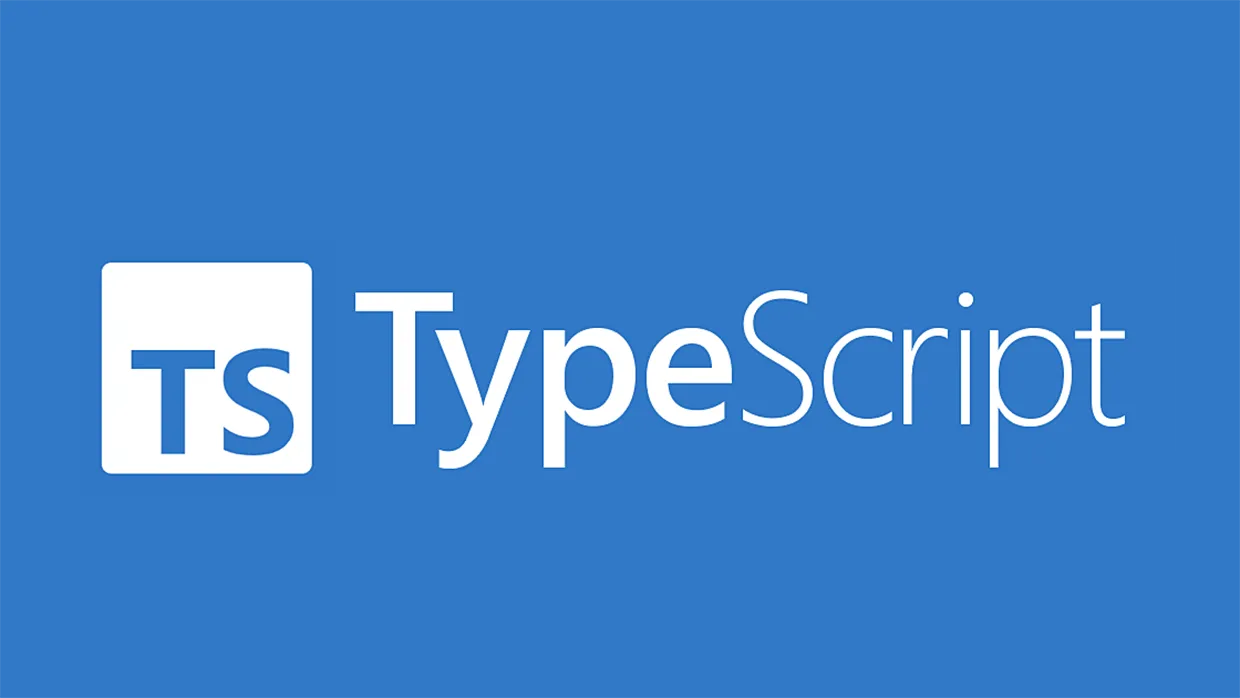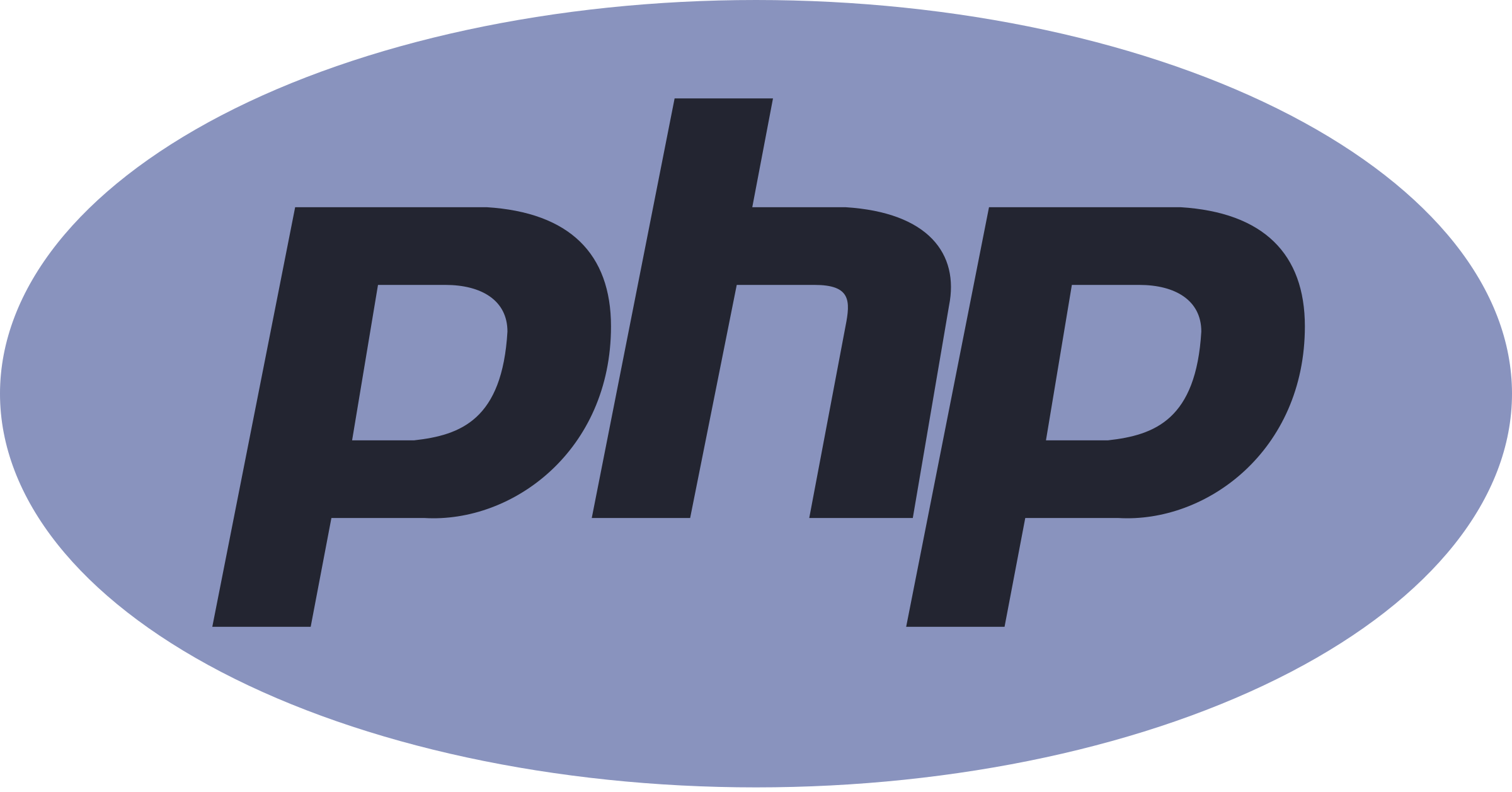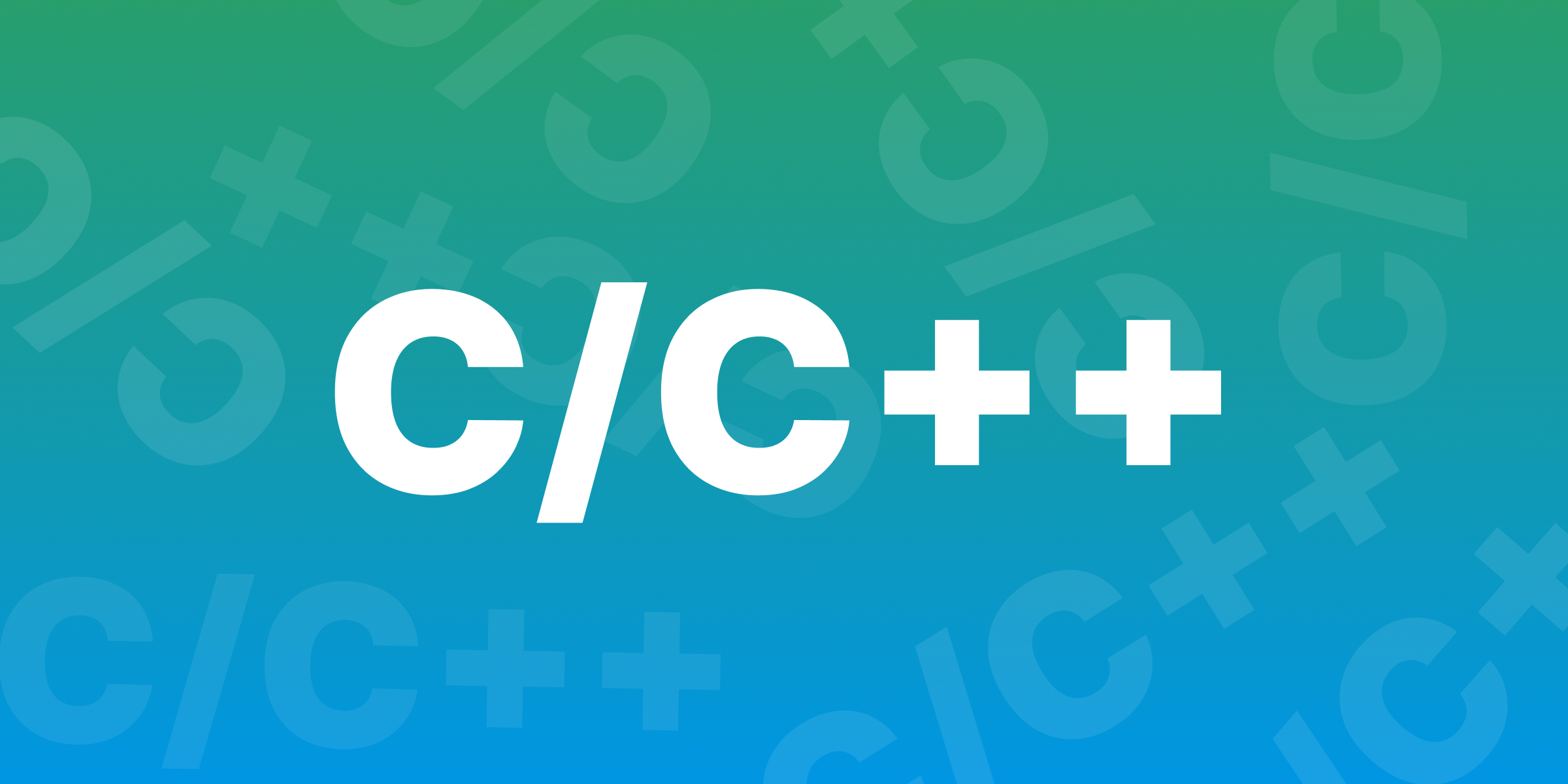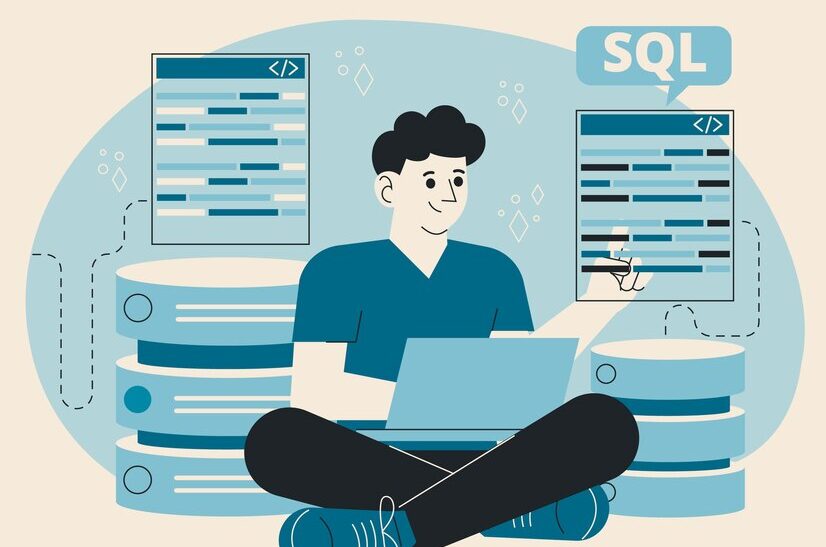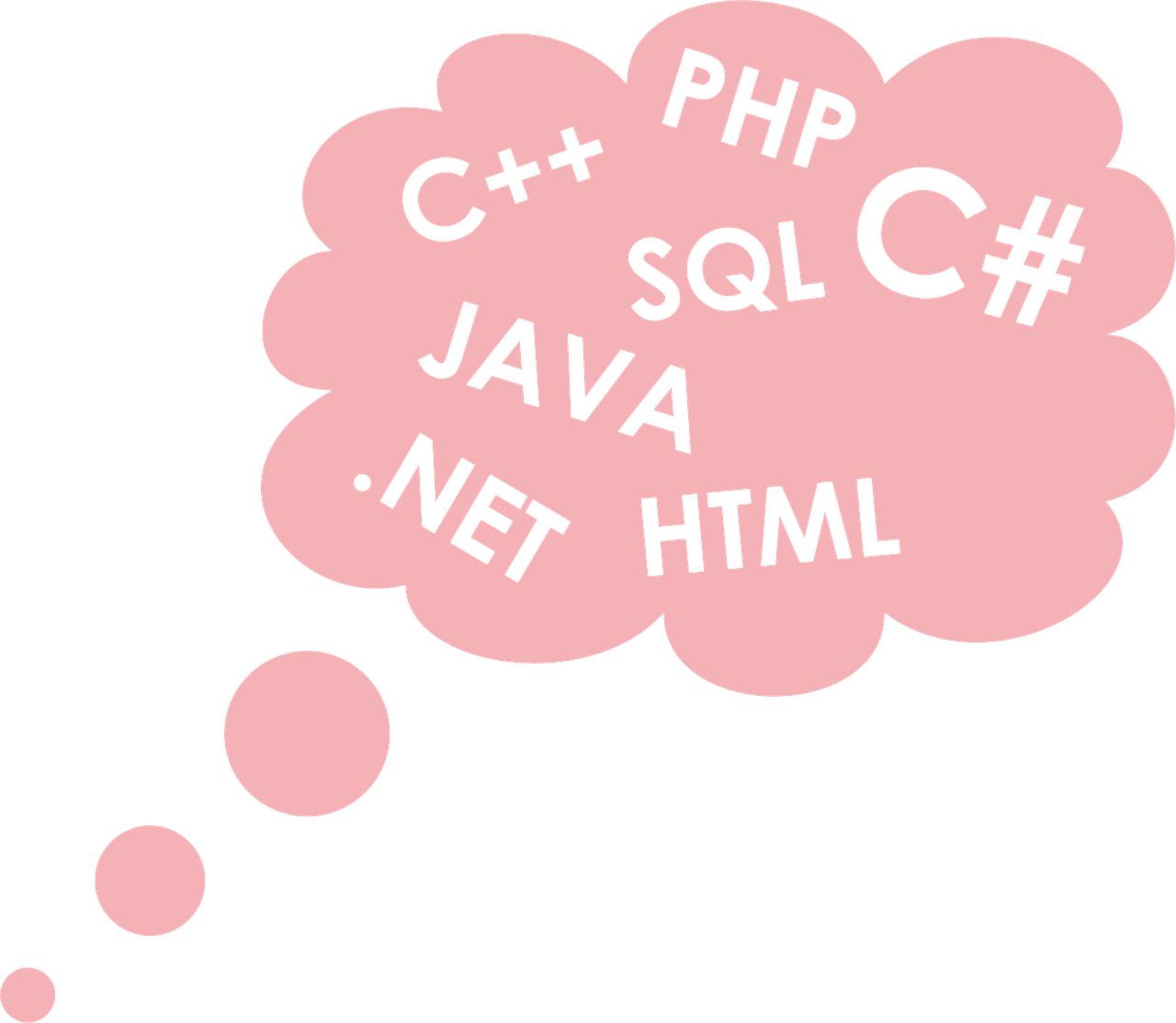SQL Interview Questions are a key part of getting hired for jobs in data management and analytics. Understanding SQL, or Structured Query Language, is important because many companies rely on it to manage their data. This blog will help you prepare for these questions so you can show your skills and impress your future employer.
In this article, we will explore common SQL interview questions and provide tips on how to answer them. Whether you are a beginner or have some experience, these questions will help you practice and boost your confidence. Let’s dive into the world of SQL and get you ready for your interview!
What Are 
SQL interview questions are queries that help employers understand your knowledge of SQL. They can ask about basic commands, complex queries, and how to solve data problems. Understanding these questions can help you show your skills.
Here are some examples of what you might be asked:
- What is SQL?
- Can you explain the difference between JOIN and UNION?
- How do you write a query to find the highest salary in a table?
These questions are not just to test your memory. They also help interviewers see how you think about data.
Why Are SQL Interview Questions Important?
Knowing how to answer SQL interview questions is important for many reasons. First, most companies work with large amounts of data. They need people who can help them make sense of this data. SQL is the main tool used for this task.
Second, being able to answer these questions shows that you are ready for the job. It tells employers that you have the skills to help their company succeed. This can give you an advantage over other candidates who may not be as prepared.
Common SQL Interview Questions for Beginners
If you are just starting, here are some basic SQL interview questions you might encounter:
- What is a primary key?
- How do you retrieve data from a database?
- Can you explain what a WHERE clause does?
These questions focus on your understanding of SQL fundamentals. Preparing answers to these questions can help you feel more confident during the interview.

Tips for Preparing for SQL Interview Questions
Getting ready for your SQL interview is important. Here are some helpful tips:
- Practice writing queries: The best way to learn SQL is by doing. Try writing different types of queries to get comfortable.
- Understand your projects: If you have worked on any SQL projects, be ready to talk about them. Explain what you did and what you learned.
- Mock interviews: Practice with a friend or use online resources to simulate an interview. This will help you get used to the pressure.
Taking these steps can make a big difference in your preparation.
Resources to Help You Ace Your SQL Interview Questions
There are many great resources available to help you prepare. Consider using:
- Online courses: Websites like Coursera or Udemy offer courses specifically on SQL.
- Books: Find beginner books on SQL that cover essential topics.
- Practice sites: Websites like LeetCode or HackerRank provide coding challenges to test your SQL skills.
Using these resources can give you a better understanding of SQL. They can help you get ready to answer interview questions with confidence.
How to Answer SQL Interview Questions Effectively
Answering SQL interview questions effectively can set you apart from other candidates. Here are some strategies to help you do well:
- Understand the Question: Take a moment to listen carefully or read the question before you start answering. Make sure you understand what is being asked.
- Think Aloud: When you’re asked a question, it can be helpful to explain your thought process. This shows the interviewer how you think and approach problems.
- Provide Examples: Whenever possible, use real-life examples to back up your answers. This shows that you not only know the theory but also have practical experience.
- Be Honest: If you don’t know the answer, it’s okay to say so. You can mention how you would find the answer or approach the problem instead.
These tips can help you answer questions clearly and confidently, making a positive impression on your interviewer.

Mistakes to Avoid When Answering SQL Interview Questions
While preparing for SQL interview questions, it’s important to know what mistakes to avoid. Here are some common pitfalls:
- Overcomplicating Answers: Sometimes, candidates try to give very complex answers. Keep your responses simple and to the point.
- Ignoring Basics: Don’t skip over basic concepts. Even simple questions can be important, so be sure to cover them.
- Not Practicing: Failing to practice can lead to nervousness. Make sure to practice as much as possible before your interview.
- Being Unprepared for Follow-up Questions: Interviewers often ask follow-up questions based on your answers. Be ready to explain your reasoning further.
By avoiding these mistakes, you can present yourself more effectively during your interview.
Advanced SQL Interview Questions for Experienced Candidates
If you have some experience with SQL, you might encounter more advanced questions. These questions often focus on complex queries and optimization techniques. Here are a few examples:
- How do you optimize a SQL query for better performance?
- Can you explain the differences between clustered and non-clustered indexes?
- What are stored procedures, and when would you use them?
These questions help employers see if you can handle more complex tasks. Preparing for these types of questions can show that you are ready for the challenges of a more advanced position.
Real-World SQL Interview Scenarios
Understanding real-world SQL scenarios can help you perform better in interviews. Here are a few examples of situations you might discuss:
- Data Cleanup: You may be asked how you would handle dirty or incomplete data in a database. Discussing strategies like using NULL values or setting default values can show your problem-solving skills.
- Database Design: You might need to explain how you would design a database for a specific application. Talk about normalization and how to structure tables for efficient data storage.
- Reporting Needs: Employers may want to know how you would generate reports from a database. Mention SQL commands like GROUP BY and JOIN to pull together data from different tables.
These scenarios can help you demonstrate your ability to apply SQL knowledge in real situations.
Preparing for Your SQL Interview Questions
Preparing for SQL interview questions is an important step in landing a job in data management. Understanding the basics, practicing your answers, and knowing what to expect can help you feel confident.
Use this guide to prepare effectively, and remember that practice makes perfect. With the right preparation, you can ace your interview and start your career in data management or analytics.
Conclusion
In preparing for SQL interview questions is a great way to boost your chances of getting a job. By understanding the basics and practicing common questions, you can feel more confident when it’s your turn to interview. Remember to think clearly and explain your answers well. This will show your future employer that you know your stuff!
Also, don’t forget to use real-life examples and keep practicing. The more you practice, the easier it will be to answer the questions. With hard work and preparation, you can impress your interviewers and start your exciting journey in the world of data management!
FAQs
Q: What is SQL?
A: SQL stands for Structured Query Language. It is a programming language used to manage and manipulate databases.
Q: Why are SQL interview questions important?
A: These questions help employers see if you know how to work with data and if you have the skills needed for the job.
Q: How can I prepare for SQL interview questions?
A: You can prepare by practicing common questions, understanding basic SQL concepts, and doing mock interviews.
Q: What should I do if I don’t know an answer?
A: It’s okay to admit you don’t know the answer. You can explain how you would find the solution instead.
Q: Are there any good resources for learning SQL?
A: Yes! You can find online courses, books, and practice websites to help you learn SQL effectively.


